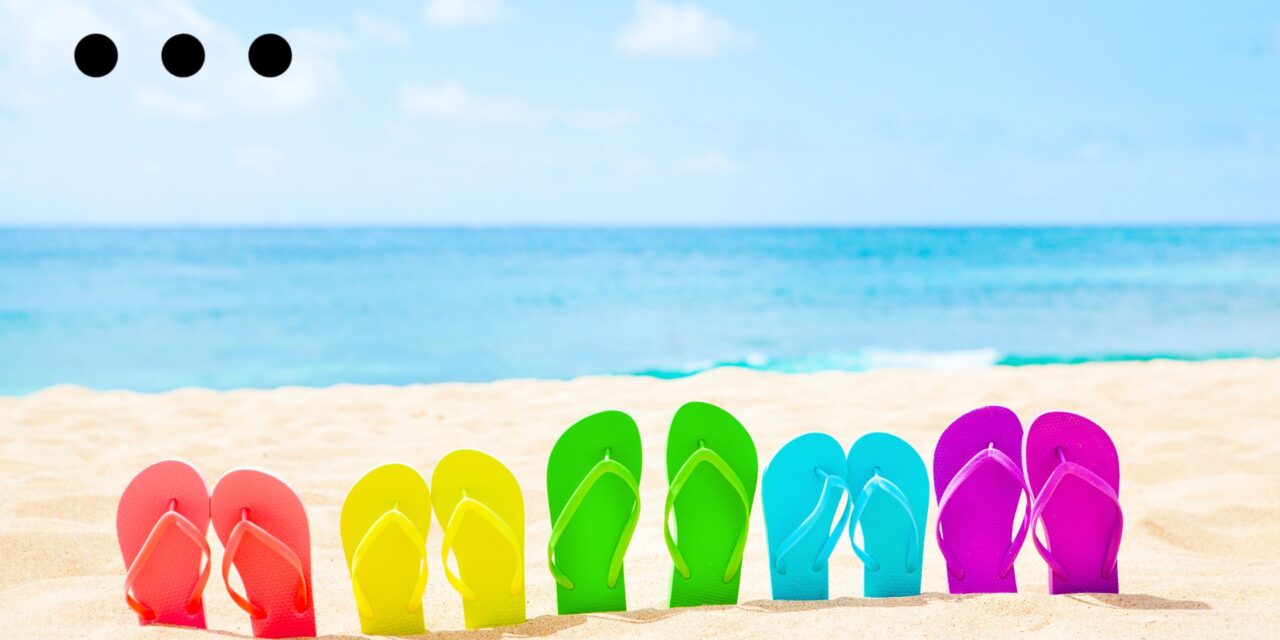Spring break is a time to have fun and connect with people you care about. Still, it can also be a big trigger for those in recovery from substance abuse disorders. But it doesn’t have to be that way. In fact, spring break can be a time to solidify your commitment to stay sober by planning for a sober one. Here are five tips to help you plan and ensure you stay sober while still having a great time.
1. Plan Ahead for Alternative Activities
One of the keys to having a fun and sober spring break is planning ahead. Boredom and recovery from drugs and alcohol abuse don’t go well together. Research fun and sober activities such as sightseeing, hiking, or visiting museums to avoid boredom and its risks.
Whether you escape to a wellness retreat, enlist in volunteering opportunities, or go on a sober adventure, planning ahead can help you prevent relapse.
2. Find Sober-Friendly Places
Stay away from hotels, bars, and even beaches or parks close to party centers. Instead, opt for sober-friendly places like museums, parks, and sober bars. Sober bars offer mocktails and other soft drinks instead of alcoholic beverages. They’ve become popular recently, and your city may have a few.
If you live in a big city with a large party scene, traveling to a smaller town with a sober-friendly attraction like a national park can also be a good idea.
3. Set Boundaries and Communicate Them Clearly
If you are joining a group for Spring Break, let them know about your boundaries. Be open and upfront about your plans to stay sober during spring break. Communicate with your spring break crew (or at least the ones you’re closest to) about your boundaries and triggers. Having that extra support from your friends will help you manage triggers better.
In addition, you also want to mentally prepare yourself to say “no” to substance use. Sadly, not everyone in your group will understand your sobriety journey, and they might entice you to drink.
Stay true to your boundaries and continue to communicate them clearly. It doesn’t matter if you sound like a broken record. This is your mechanism to prevent relapse.
4. Be Mindful Of Your Triggers
A lot is happening around spring break. You’ll likely face lots of stress, anxiety, and physical triggers like alcohol everywhere you go.
Spend some time identifying and recognizing your triggers. Sometimes triggers can be a person or a specific situation rather than being in a bar. Make a list of your triggers and confide those to your friends and close ones. They might be able to help you recognize them and steer you away from them.
As always, you want to avoid exposing yourself to any triggers – regardless of whether or not you can handle them.
5. Surround Yourself With Positive Influences
Bring your support system with you. Consider bringing at least one friend or family member who understands your desire to stay sober. Having someone to talk to and lean on can be a valuable asset during your spring break vacation.
Likewise, you want to avoid being around people who use drugs or drink heavily. Instead, surround yourself with positive influences, including those who support your sobriety and encourage healthy lifestyle choices.
Remember to Have Fun!
Having a sober spring break vacation doesn’t mean sacrificing fun and adventure. With the right planning and mindset, you can have a memorable and enjoyable holiday while maintaining your sobriety.
Remember to plan ahead, bring your support system, stay active, and find non-alcoholic beverages and sober-friendly plans to make your vacation fun. Also, be wary of who you surround yourself with, and spend most of your time with positive influences cheering for your lasting recovery and sobriety.
By following these tips and exploring sobriety through a fun lens, you can have a fulfilling spring break experience you’ll remember for years. Above all, remember to prioritize your health and well-being. And don’t be afraid to reach out for help if you need it. Call your therapist or attend an AA meeting wherever you go if you feel too triggered.
Have a happy and sober spring break!

